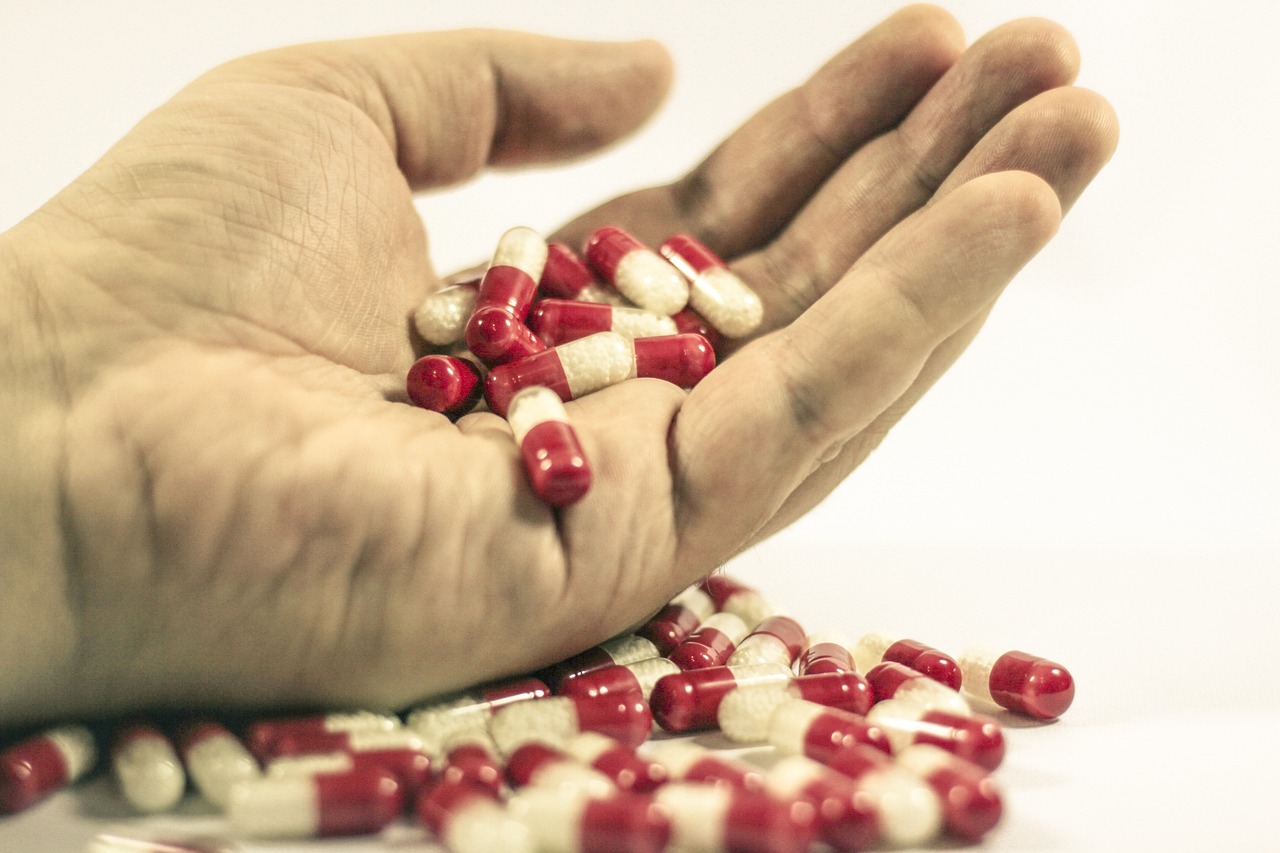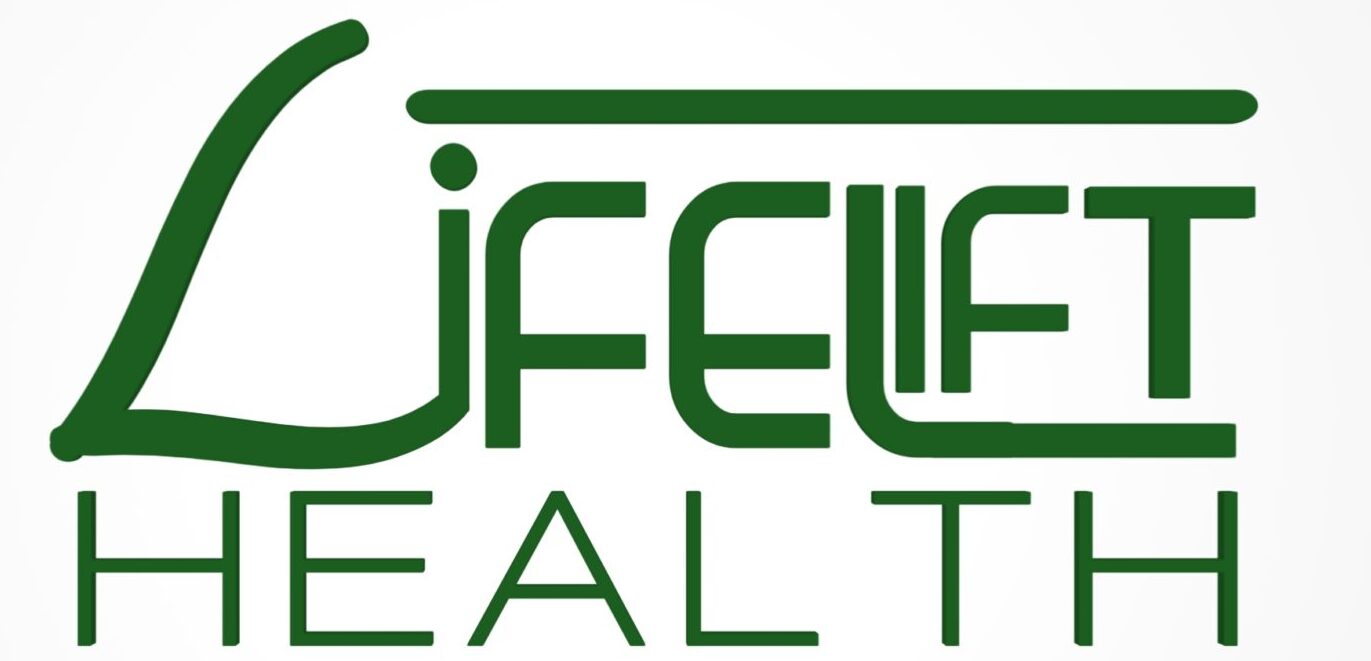According to the World Health Organization (WHO), drug misuse is the use of a substance for purposes that are against the law or recommended by a doctor. It has a detrimental effect on one’s health or ability to function and can manifest as drug dependence or another type of risky or dangerous activity.
Introduction:
Drug abuse among teenager has grown to be a serious issue in today’s culture. Many young people can end up in danger due to peer pressure, the temptation of experimentation, and the desire to flee their situations. In this blog post, we’ll look at the dangers of young people abusing drugs, explain what causes it to be so common, and propose solutions to this problem.
-
Influence of peer pressure
Drug abuse among teenagers is significantly influenced by peer pressure. Drug experimentation might be prompted by a person’s desire to blend in, be liked, and follow social standards. Young minds might unintentionally be influenced by friends and peers who use drugs, increasing their susceptibility to attempting drugs and possibly developing dependence.
-
Emotional coping and escapism:
teenagers frequently deal with a variety of difficulties, such as peer conflicts, familial problems, academic stress, and identity concerns. Misusing drugs might occasionally be a misguided attempt to get away from these demands or dull emotional suffering. Unfortunately, using drugs or alcohol as a coping method can result in a cycle of dependency, escalating current issues and impeding normal emotional growth.
-
Accessibility and Availability:
Drugs, including illegal narcotics and prescription pharmaceuticals, are readily available and provide a serious risk to the next generation. The growth of social media, peer networks, and internet platforms has made it simpler than ever for teenagers to purchase narcotics. The misuse of prescription drugs obtained from family or friends has also become a worrying trend, raising concerns about potential health risks and dependence.
-
Drug misuse Impact on Mental and Physical Health
Teenage drug misuse can have a negative impact on both their mental and physical well-being. An increased risk of mental health issues like anxiety, depression, and psychosis is associated with substance use during the brain’s essential developmental stages. The dangers of drug abuse are further heightened by physical health issues such organ damage, weakened immune systems, and greater susceptibility to accidents or overdose.
-
Education and prevention:
It’s critical to focus prevention efforts on youth drug misuse. Raising awareness of the dangers and repercussions of substance use should be the main goal of comprehensive educational programmes. When young people are told about the specific risks connected to certain substances, the effects on brain development, and good coping mechanisms, they are more equipped to make wise decisions and resist peer pressure.
-
Building Resilience and Strong Support Networks:
Two critical protective factors against drug misuse are the development of resilience and the creation of powerful support networks. Promoting young people’s healthy development can harm their cognitive, memory, and decision-making ability. Additionally, drug misuse encourages young people to participate in constructive activities, such as athletics, the arts, or volunteer work, which can give them good outlets for their emotions and energies. Teenagers can negotiate problems and make better decisions if environments that promote open communication, trust, and support are created within families, schools, and communities.
-
Early Intervention and Treatment:
Early detection of drug abuse is essential for successful intervention and treatment. Parents, medical experts, school counselors, and parents themselves should all be on the lookout for behavioral changes, deteriorating academic performance, abrupt mood swings, or withdrawal from social activities. Young people who are using drugs can overcome their addiction and avoid further harm with timely treatments including counseling, therapy, and rehabilitation programmed.

Preventions:
To prevent the misuse of drugs in adults, it is important to take certain precautions. Here are some key precautions that individuals can take:
- Follow Prescribed prescription Guidelines: If a medical practitioner has prescribed you a prescription, it is crucial that you adhere to the dosage, frequency, and usage guidelines. Be careful not to change the dosage without first seeing your doctor. Make sure you are aware of any potential negative effects and how it may interact with other drugs or substances.
- Learn for Yourself: Learn about the medications you are taking, their intended use, any possible side effects, and how to take them correctly. Read the information leaflets that come with your drugs in their entirety. You can reduce the likelihood of usage by making informed judgements by being aware of the dangers and rewards.
- Communicate with Healthcare Providers: Keeping an open line of contact with your healthcare professionals is important. Let them know if you have ever struggled with substance misuse, as well as any prescription medications, dietary supplements, or illicit substances you may be utilizing. They can offer direction, keep an eye on your health, and, if necessary, modify your treatment strategy.
- Dispose of Medications Properly: To avoid unintentional abuse or unauthorized access, properly dispose of any expired or unused medication. Use specified drop-off sites or drug take-back programmes, as directed by local regulations, to dispose of waste properly. Medication disposal can be damaging to the environment, so avoid flushing them down the toilet or throwing them in the trash.
- Be Cautious with Over-the-Counter Medications: OTC pharmaceuticals, such as painkillers, cough suppressants, and sleep aids, can potentially be overused, so use caution when taking these. Carefully read and adhere to the directions on OTC drugs. Before utilizing them, speak with a healthcare expert if you have any worries or inquiries.
- Avoid Mixing Substances: Avoid mixing prescription medications with alcohol or illegal substances. The impact of mixing substances on your health might be unpredictable and even hazardous. Before mixing medications, always check with your doctor, and limit your use of narcotics and alcohol.
- Be Mindful of Personal Vulnerabilities: Recognise your own weaknesses and risk factors for substance abuse. The likelihood of drug misuse may be increased by elements including a personal or family history of addiction, mental health issues, or excessive levels of stress. Prioritize self-care, take proactive actions to manage your stress, and ask for help when you need it.
- Seek Help for Substance Abuse Issues: If you or someone you know needs assistance with a substance use disorder, turn to support groups, addiction specialists, or healthcare professionals. Rapid action can stop further damage and improve the likelihood of a full recovery.
Conclusion:
An all-encompassing strategy that incorporates prevention, education, support, and early intervention is needed to address drug abuse among the younger population. We can direct teenagers away from drug misuse and towards a future filled with resiliency, well-being, and fulfillment by arming them with knowledge, encouraging healthy coping methods, and creating supportive surroundings. We can create a safer and healthier future for the next generation together.
Keep in mind that the precautions listed here are merely suggestions; for personalized advice and direction regarding your unique condition, it is vital to speak with healthcare professionals. You can lower the likelihood of drug misuse and improve your general health and wellbeing by taking precautions and using medications responsibly.

